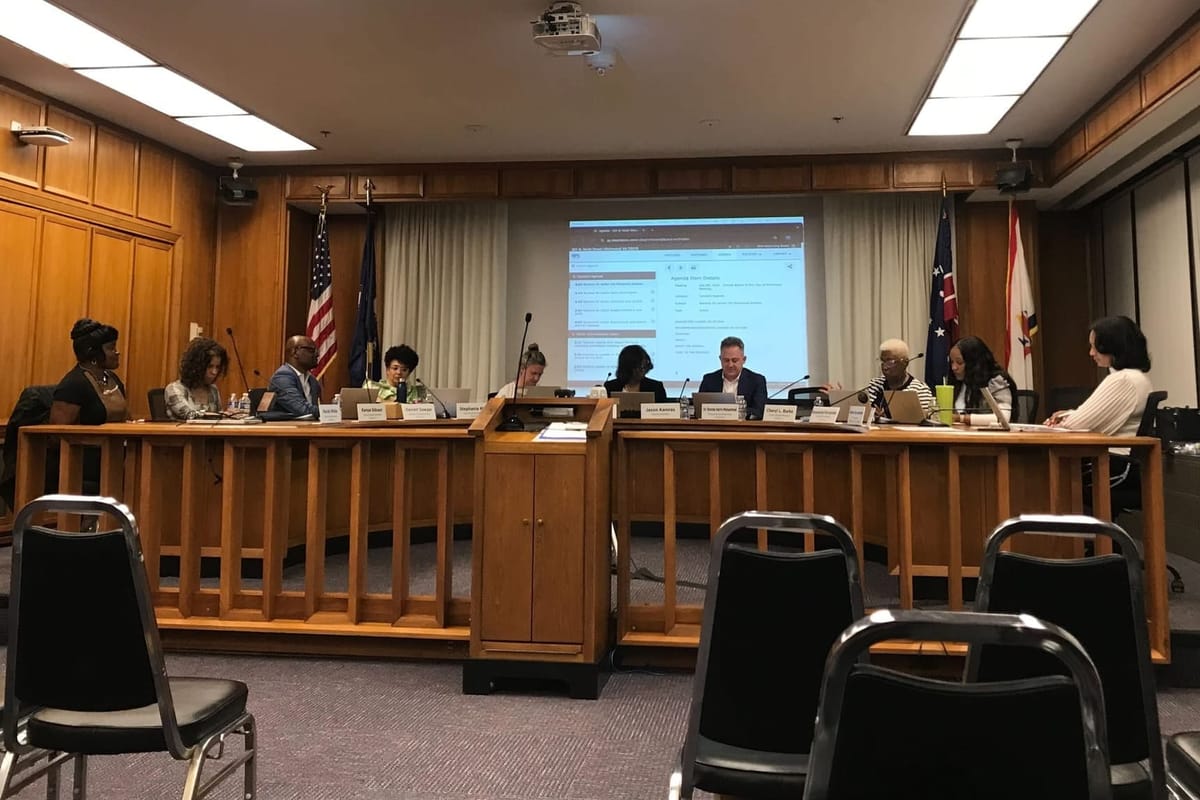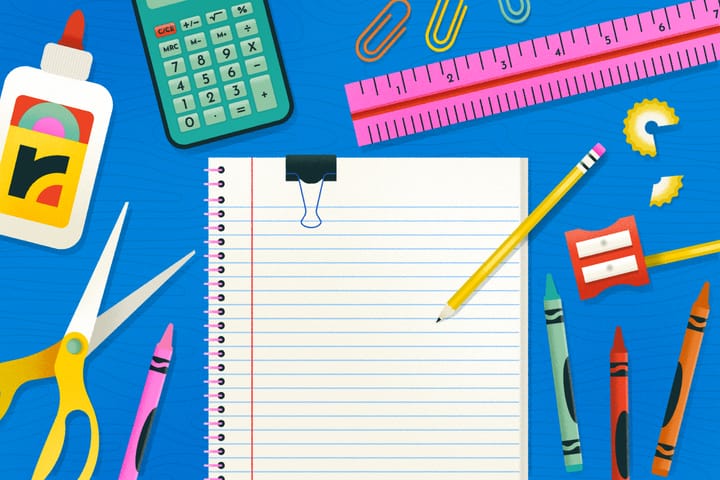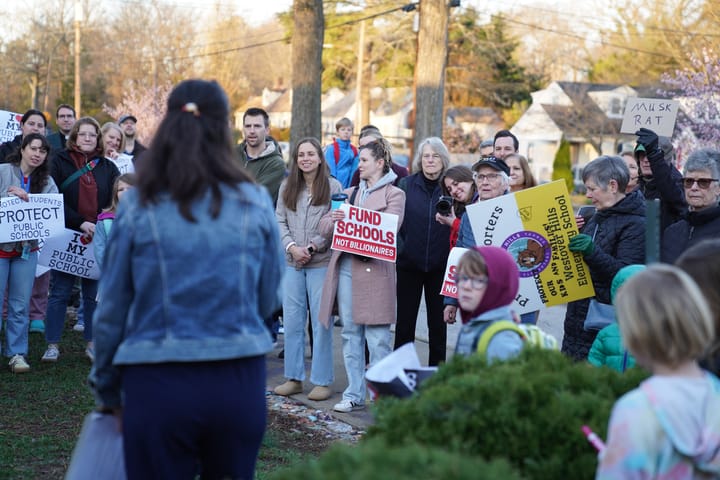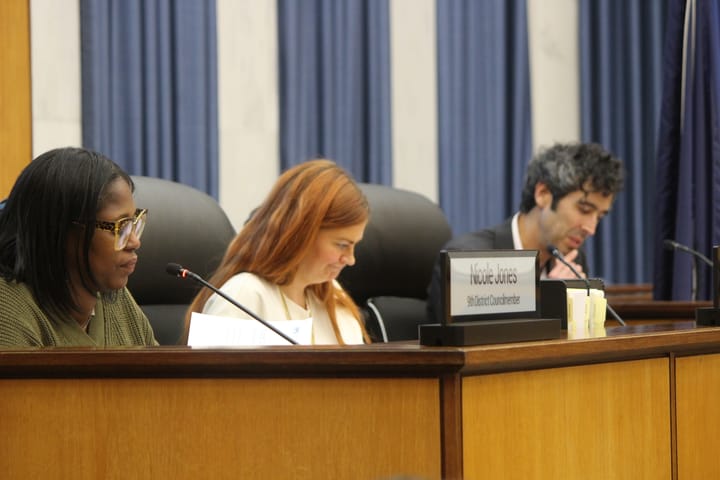RPS lays out plans for enforcing state-ordered cell phone limits in schools

Richmond Schools Superintendent Jason Kamras’ administration on Monday laid out its plans for how the district will eliminate the use of cell phones during the school day beginning Jan. 1.
The plans respond to an executive order issued by Gov. Glenn Youngkin this July requiring all school divisions to institute cell phone-free education policies and procedures by the start of the new year. The state issued guidance for what those policies should look like this September, and the Richmond School Board will need to formally adopt its own language later this fall to comply with the order.
“It is something that’s mandated by the state, and we do support it because it leads to greater engagement in the classroom,” said Richmond Public Schools Chief Wellness Officer Renesha Parks.
John Beazley, RPS director of care and safety, said the “bottom line is no cell phone from bell to bell.”
“No cell phone means a cell phone has to be stored. Stored means in a backpack or put away somewhere,” he said. “It cannot be in your pocket.”
Under the new policies being proposed by Kamras’ administration, pre-K and elementary students would not be allowed to use cell phones either during the school day or at school-sponsored events. They could possess phones on school property, but any phone would have to be “turned off and stored out of sight.”
Secondary students would have the same restrictions during the school day but would be allowed to use their phones at school-sponsored events “provided that they do not disrupt or interfere with the activity or program that is taking place.”
Students would be allowed to use their phones on the bus but would be prohibited from filming other students en route to and from school.
Any students violating the policies would face increasing levels of discipline, beginning with verbal and written warnings and escalating over time to more serious consequences, including community service and suspension.
Some exemptions would be available for students with special health or education plans, like individualized education programs (IEPs) or 504 plans, as long as a school nurse coordinator, director of student services or someone designated by the superintendent signed off on them.
Parents who need to reach their children during the school day would have to adopt what Beazley called a “really old-school” approach of calling the school office.
“Most of us had to do this during our time,” he said.
Students flood survey with requests to keep phones
Richmond Public Schools was already experimenting with cell phone-free education before Youngkin handed down his executive order. In January 2024, the division launched a pilot program that required students at three middle schools and three high schools to place their phones in a magnetically sealed pouch “from bell to bell.” The restrictions have remained in place this fall at Martin Luther King, Dogwood and River City middle schools.
Community members also got a chance to weigh in through three “listening sessions” and a survey that garnered more than 2,200 responses — of which 1,300 came from middle schoolers, many urging the division to keep allowing phones in the schools.
In 65 pages of survey comments compiled by the division, many teachers and administrators backed the need for major restrictions, calling phones a distraction and a trigger for bullying and fights.
“Cell phones are the biggest barrier to successful education our school systems face,” one wrote. “It’s effect is exponentially increased in schools that already start with learning deficits.”
In a League of Women Voters forum this September, most of the candidates running for School Board expressed support for limiting cell phone use in schools, although a few criticized Youngkin’s executive order as being heavy-handed.
“I don't appreciate the governor getting involved in schools,” said Matt Percival, who is running unopposed for the 1st District seat. “We are tasked by the Virginia Constitution to oversee our schools.”
Fifth District member Stephanie Rizzi said while she was initially “reticent” about the ban and its impact on student rights, she now supports bell-to-bell limits.
“Cell phones have been used to arrange fights. Cell phones have been used to create meetups where students are doing things that they aren't supposed to do, and they are distractions in our classrooms,” she said this September. “And I heard from principals who actually corroborated that and really wanted us to do something about cell phone distraction.”






